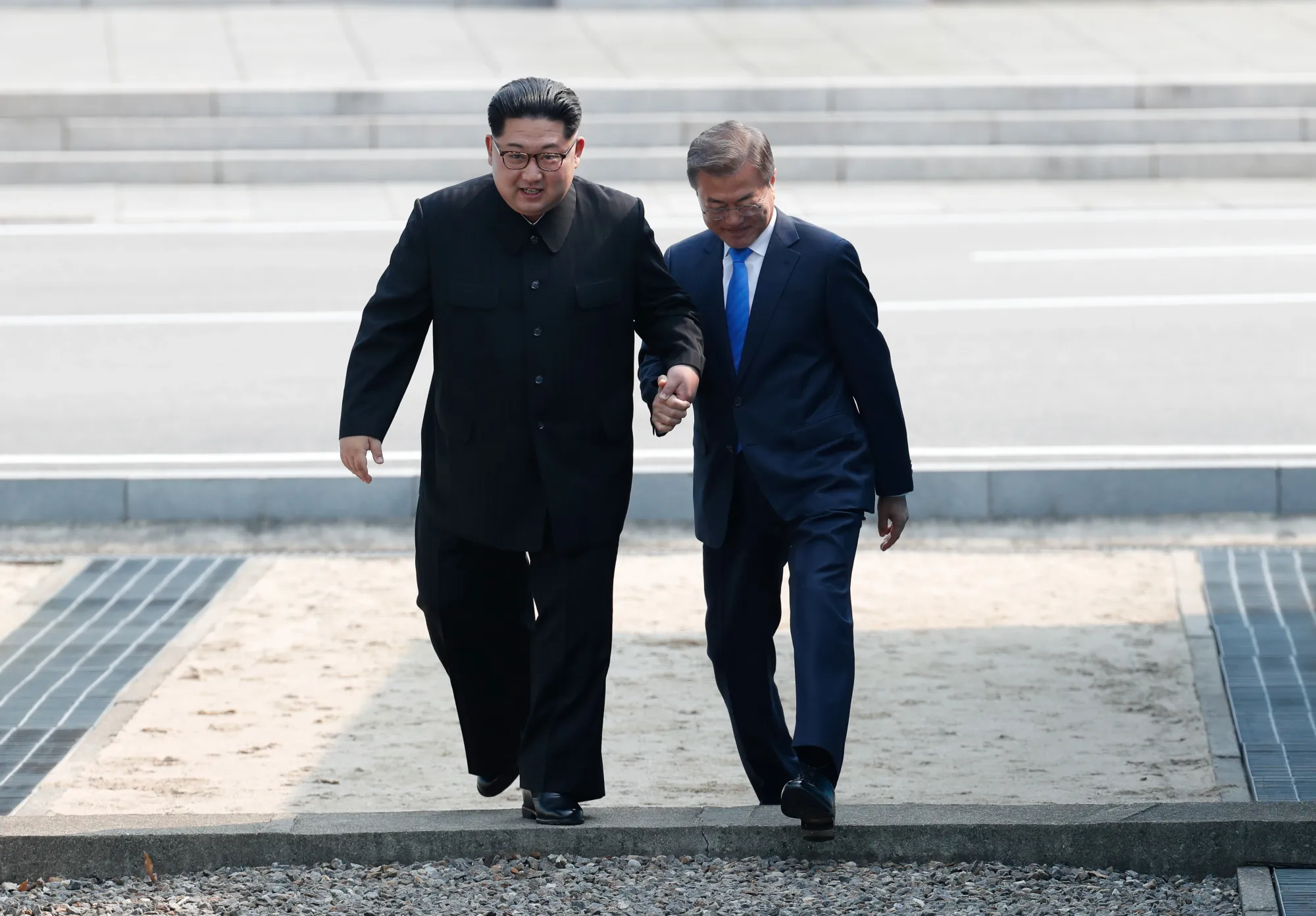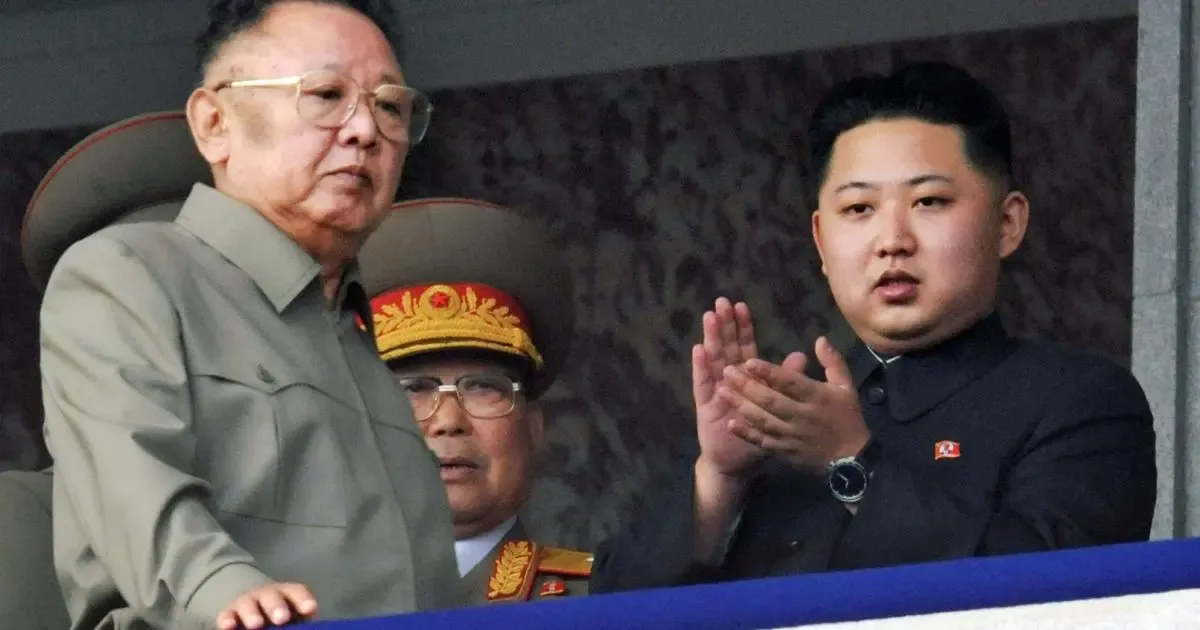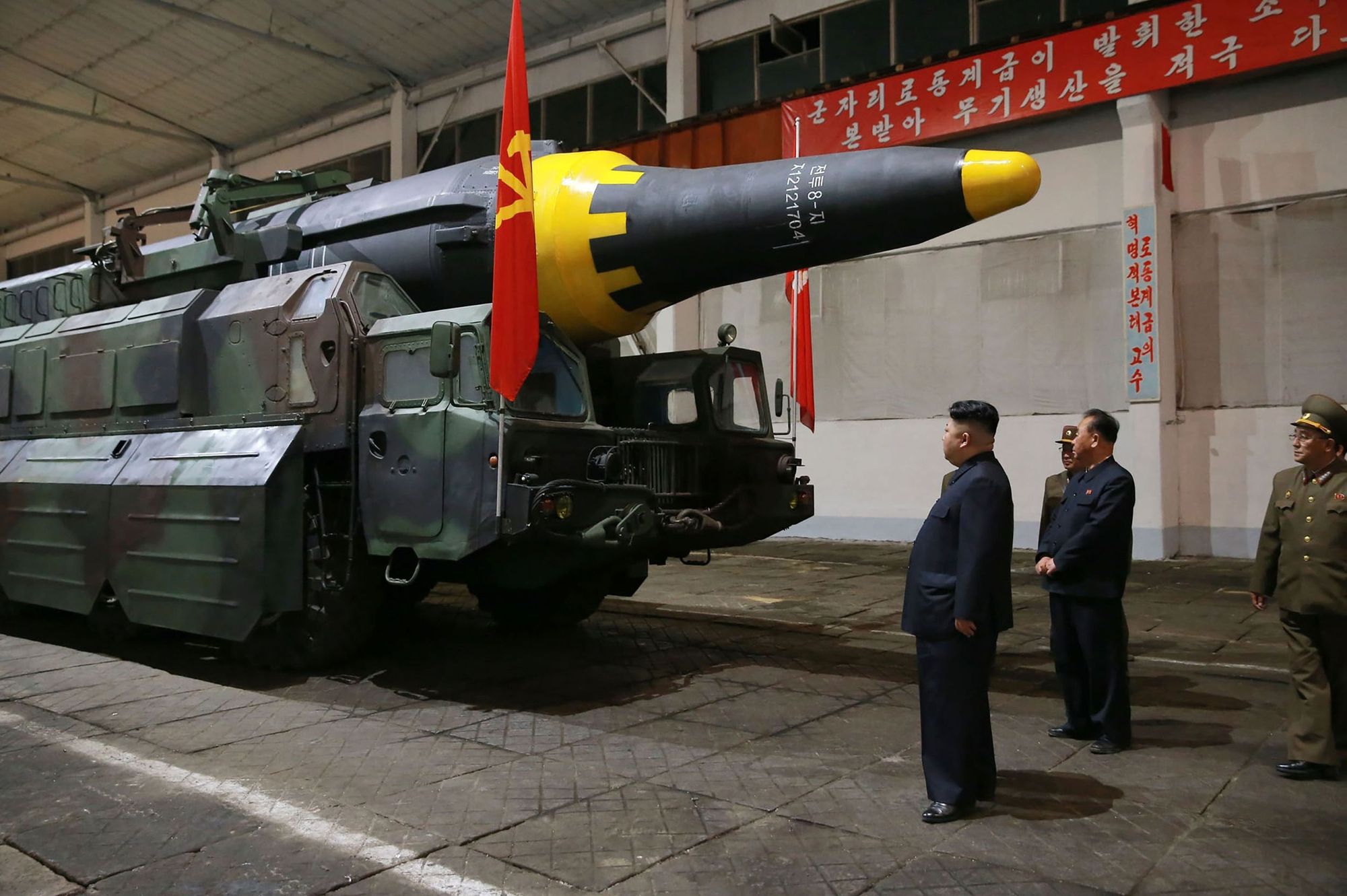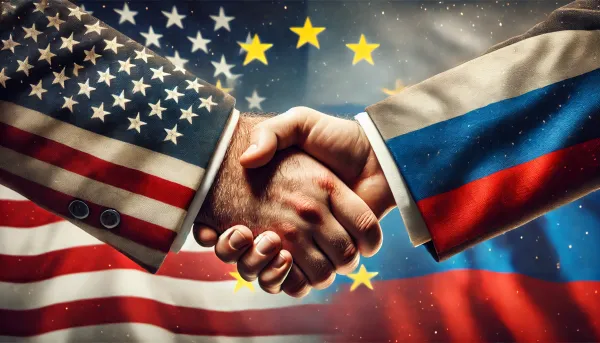Inside North Korea: Understanding the Enigmatic Nation
For over seven decades, North Korea has been under the rule of three successive leaders from the same family, establishing a unique dynasty.

Introduction:
Welcome to North Korea, a nation that has captivated the world with its air of mystery and intrigue. Shielded from external influence and tightly controlled by its ruling regime, North Korea remains an enigmatic and isolated country. In this blog, we embark on a journey to explore the inner workings of this secretive nation, aiming to gain a deeper understanding of its history, society, and the daily lives of its people. Join us as we peel back the layers and shed light on the enigma that is North Korea.
Decades have passed since the establishment of the Democratic People's Republic of Korea, more commonly known as North Korea, a nation that has remained shrouded in secrecy. The government's strict control prevents outsiders from gaining access and uncovering the truth of what lies within its borders.
Situated along a tense border with its neighboring country, South Korea, the relationship between the two has been marked by hostility and discord for an extended period. In fact, it had been an astonishing 65 years since a North Korean leader had set foot in South Korea, and a decade had passed without any direct communication between their leaders.
However, a turning point arrived in April 2018 when North Korean leader Kim Jong-un and South Korean President Moon Jae-in met at the border that divided their countries. This historic meeting marked a significant milestone in modern history, one that held the potential for transformative change.
To comprehend the complex dynamics between North Korea and South Korea, it is essential to examine the historical backdrop spanning several decades. Exploring the history of this reclusive nation allows us to gain valuable insights into the factors that have shaped its current state of affairs and its relationship with its southern counterpart.

Why Korea is Divided into North and South?
Following the conclusion of World War II, Korea, which had been under Japanese rule, faced a pivotal moment in its history. With Japan's surrender, the country became a battleground for opposing ideologies. The Soviet Union, embracing communism, took control of the northern region, while the United States, advocating against communism, assumed authority over the south.
The ideological divide between the two occupying forces hindered any consensus on reunification, leading to the formal division of Korea on September 9, 1948, into North Korea and South Korea.
The political discord escalated further, culminating in the outbreak of war in 1950 when North Korea launched an invasion of South Korea. This conflict, known as the Korean War, endured for three years, resulting in immense loss of life and extensive destruction.
Remarkably, despite the cessation of hostilities, North Korea and South Korea have never officially declared peace through a signed treaty. As a result, the two nations have technically remained in a state of war, perpetuating an enduring standoff that has shaped their relationship for decades.
Rulers of North Korea
For over seven decades, North Korea has been under the rule of three successive leaders from the same family, establishing a unique dynasty.
The first supreme leader was Kim Il-sung, who assumed power upon the country's formation in 1948 and remained at the helm until his passing in 1994. Kim Il-sung's leadership set the foundation for the North Korean regime.
Following his father's death, control of North Korea was passed down to Kim Jong-il, who held the reins of power for a remarkable 17 years. Under his leadership, North Korea faced numerous challenges and continued its path of isolation from the international community.

In 2011, a significant announcement came from North Korea as Kim Jong-il's son, Kim Jong-un, was declared as the new leader. The news was greeted with immense anticipation and curiosity. In a display of unity and loyalty, approximately one million people congregated in the capital city of Pyongyang to witness this momentous declaration, demonstrating the significance of the leadership transition.
Through these transitions, the Kim family has exerted a profound influence on the nation's governance and policies, solidifying their status as prominent figures within North Korea's political landscape.
Life in North Korea
North Korea, home to a population of over 25 million, operates under a strict communist rule that exerts control over every aspect of daily life.
Citizens must seek permission to travel within the country, and entry for visitors is challenging, creating a tightly sealed environment. State-controlled channels monopolize television and radio broadcasts, and severe penalties await those caught listening to foreign media.
These pervasive controls result in a significant lack of awareness among most North Koreans regarding global events or how their country is perceived internationally. Widespread poverty prevails, with basic amenities such as refrigerators, washing machines, and bicycles being scarce commodities.
The scarcity of food in the country necessitates reliance on aid agencies, like the United Nations, to provide sustenance for the population.

However, the regime responds harshly to any dissent, demands for change in leadership, or attempts to escape. Amnesty International estimates that hundreds of thousands of people have been imprisoned or forced into labor camps for expressing disagreement with the government. Large public events often showcase apparent cheers and praise for the leader, Kim Jong-un, but it remains difficult to ascertain the true reasons behind such displays, as open communication with the North Korean people is restricted.
The North Korean government asserts that Kim Jong-un enjoys immense popularity among his people, a belief instilled from an early age, as North Koreans are taught to regard their leaders as omnipotent deities.
However, some argue that the cheers for Kim Jong-un may stem from fear of severe repercussions if they fail to demonstrate loyalty. The oppressive atmosphere in North Korea limits the ability to freely ascertain the genuine sentiments of its citizens.
Human Rights Violations in North Korea
Freedom of Movement Being Captivated
North Korea maintains strict travel restrictions, making unauthorized travel within the country and abroad illegal. The government enforces a ban on travel to China, and attempts to cross the border can result in deadly consequences. The COVID-19 pandemic exacerbated travel limitations, with international flights suspended and land border crossings closed. Diplomatic missions and aid workers faced constraints on movement, leading most to leave the country. Domestic travel restrictions and increased surveillance impacted people's livelihoods and access to essential goods. China's repatriation of North Korean refugees violated their rights as per the UN Refugee Convention. Escaping North Korea has become increasingly difficult, with only a few successfully reaching South Korea for protection.
Freedom of Expression and Information Being Captivated
In North Korea, the government strictly controls all media and restricts access to information. Possessing or consuming unauthorized media or using non-sanctioned devices is illegal and harshly punished. The government cracks down on unsanctioned media consumption, jams foreign mobile phone services at the border, and arrests those communicating with people outside the country. A law passed in 2020 bans the distribution of media from South Korea, the US, or Japan, with penalties ranging from imprisonment to the death penalty. Simply watching or engaging in South Korean-style expression can result in imprisonment or hard labor. Possessing unsanctioned foreign mobile phones is also criminalized. Reports indicate increased inspections, crackdowns on communication with foreign slang, mass arrests of foreign phone users, and a propaganda campaign demonizing them as enemies of the state.
Forced Labor
The North Korean government regularly utilizes forced labor from its population to sustain its economy. Forced labor is imposed on women, children, workers at state-owned enterprises, those deployed abroad, detainees, and prisoners in labor camps. A significant majority of North Koreans are required to perform unpaid hard labor, often justified as acts of loyalty. Refusal to comply with labor orders can result in severe punishment, including torture and imprisonment. Paramilitary labor brigades, controlled by the ruling party, are a common form of forced labor, typically working on infrastructure projects. Workers are often not compensated, leading them to seek other jobs to survive while paying bribes to avoid their assigned workplace. Failure to show up for work without permission is a punishable offense. Notably, North Korea has not joined the International Labour Organization, making it one of the seven UN member states to abstain.
Marginalized Groups and Women
North Korea operates a socio-political classification system called songbun, which categorizes individuals as "loyal," "wavering," or "hostile." This system justifies discrimination in employment, housing, and education based on political loyalty. Corruption allows some flexibility within the songbun system, as bribes can influence permissions, market activities, and punishments.
Women and girls in North Korea face specific violations, including gender discrimination, sexual and gender-based violence, and rigid gender roles. Government officials both perpetrate and fail to adequately address these rights abuses.
Why Other Countries Are Concerned About North Korea's Nuclear Weapons?
North Korea's pursuit of nuclear missiles has frequently grabbed headlines worldwide. The country aimed to develop powerful bombs capable of causing catastrophic damage, with the potential to reach targets in the United States.
While it was not believed to possess missiles capable of reaching the UK, which is around 8,400 kilometers away, North Korea's actions raised significant concerns. In response, Former US President Donald Trump deployed warships and submarines to South Korea, a long-time American ally, in an effort to deter North Korea from advancing its weapons program.

In August 2017, North Korea fired a missile over northern Japan, marking a significant escalation. Although the missile crashed into the sea, it was seen as a dangerous provocation. Two weeks later, the country launched a second missile, which flew higher and farther than the previous one, further alarming the international community. Japanese Prime Minister Shinzo Abe labeled this action a "serious" threat to his country's security.
In November 2017, North Korea claimed to have successfully tested a new missile capable of reaching the entire United States. However, in April 2018, North Korean leader Kim Jong-un announced to stop nuclear weapons tests and the closure of a nuclear testing site in the northern part of the country.
US President Trump responded positively to this announcement, expressing on Twitter that it was "good news" for the world.
FAQs
Can North Korean citizens leave?
North Korean citizens usually cannot freely travel around the country, let alone travel abroad. Emigration and immigration are strictly controlled.
Is there Internet in North Korea?
Internet access is available in North Korea, but is only permitted with special authorization. It is primarily used for government purposes, and also by foreigners.
Which country is friendly with North Korea?
China is often considered to be North Korea's closest ally. China and North Korea have a mutual aid and co-operation treaty, signed in 1961, which is currently the only defense treaty either country has with any nation.
Can people listen to music in North Korea?
Watching foreign movies or listening to foreign music can send North Korean citizens to jail.
Conclusion:
As our journey through North Korea comes to an end, we reflect on the enigmatic nature of the nation. It is a place where myth and reality intertwine, making it both captivating and complex to understand. While we have scratched the surface of this enigma, we hope this blog has shed light on some of the intricacies that define North Korea. By continuing to learn, engage in dialogue, and support efforts toward positive change, we can contribute to a better understanding of this enigmatic nation and the well-being of its people.





